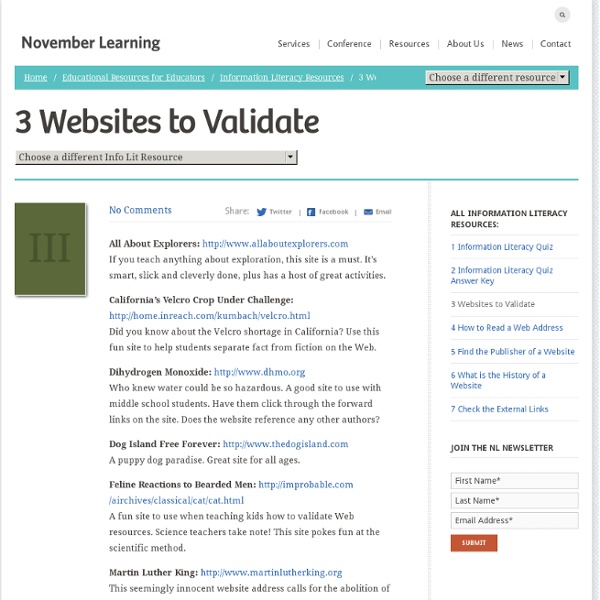



Download ESL resources - TEFL activities These PDF activities and worksheets with accompanying teacher notes are free to download, print and use in the classroom. Need a grammar refresher? Get the Online Grammar Course for TEFL Teachers. Adverbs of frequency Communicative pair work activity to practise how often and adverbs of frequency Crazy dictation (1) Activity to present language for making appointments, and to practise listening and pronunciation skills Crazy dictation (2) Activity to present language for making arrangements, and to practise listening and pronunciation skills Crazy dictation (3) Activity to practise the past simple tense, and to practise listening and pronunciation skills For or Since? Worksheet to practise expressions of time with for and since Introductions Getting to know you communicative pair work questionnaire Kids – Places Questionnaire for communicative practice of places in a town Kids – Shopping roleplays Modals of obligation Worksheet to practise the difference between have to, don’t have to, must and mustn’t
Aluminum Foil Deflector Beanie Welcome to the AFDB Website This site is dedicated to spreading the word about the Aluminum* Foil Deflector Beanie and how it can help the average human. Here you will find a description of AFDBs, how to make and use them, and general information about related subjects. What Is An AFDB? An Aluminum Foil Deflector Beanie (AFDB) is a type of headwear that can shield your brain from most electromagnetic psychotronic mind control carriers. What are you waiting for? REBUTTAL TO THE MIT ANTI-AFDB STUDY: Rahimi et al.' BEWARE OF COMMERCIAL AFDBS: Since you should trust no one, always construct your AFDB yourself to avoid the risk of subversion and mental enslavement. AMIGA AND LINUX USERS: It is advised that you get a copy of MindGuard for your personal anti-psychotronic needs.
l.php?u= Help Save The ENDANGERED From EXTINCTION! The Pacific Northwest Tree Octopus Rare photo of the elusive tree octopus (Enhanced from cropped telephoto) The Pacific Northwest tree octopus (Octopus paxarbolis) can be found in the temperate rainforests of the Olympic Peninsula on the west coast of North America. An intelligent and inquisitive being (it has the largest brain-to-body ratio for any mollusk), the tree octopus explores its arboreal world by both touch and sight. Map of estimated tree octopus maximum range, including spawning waters Tree octopuses have eyesight comparable to humans. The reproductive cycle of the tree octopus is still linked to its roots in the waters of the Puget Sound from where it is thought to have originated. Why It's Endangered Route 101, separating the rainforests of the Olympic Peninsula from Hood Canal The possibility of Pacific Northwest tree octopus extinction is not an unwarranted fear. Tree Octopus hat from 1923 How You Can Help More Tree Octopus Information
Share Book Recommendations With Your Friends, Join Book Clubs, Answer Trivia News and Social Media - General Issues Research - LibGuides at Manheim Central School District "Alternative facts": Phrase used by used by Kellyanne Conway, U.S. Advisor to President Trump, when explaining discrepancies of attendees reported at inaugural events.Born digital: Content found on the internet that has not been published in print.Clickbait: Digital content that uses persuasive tactics and inflammatory language to attract visitors to a site.
Language Center The aim of this leaflet This leaflet provides information on why pronunciation problems may occur and specific sounds in English that Cantonese speakers may have difficulty with. Why problems occur Pronunciation problems happen when speaking a second language because most people are used to hearing and making sounds which only exist in their mother tongue. There are many sounds in Cantonese and English that are similar. To make language sounds we move our jaw, tongue, lips, and the vocal cords in our throat in a number of different ways. How do you solve the problems? Here are a few suggestions on how to train your brain: Learn to recognise that there are differences between some English sounds and some Cantonese sounds. Practise moving your jaw, tongue, lips etc. as correctly as possible so that you are able to make the problematic English sounds clearly. Many of the materials listed on P3 give explanations and show pictures of where to put your tongue or how to move your lips etc.
Welcome To The White House About Boilerplate | Big Red Hair Boilerplate: History’s Mechanical Marvel, ostensibly the biography of a 19th-century robot soldier, is an illustrated hardcover book that deftly blends historical fiction with science fiction. It dramatizes formative events at the dawn of the 20th century through tales of the robot and its inventor, Archibald Campion, who thinks his machine can “prevent the deaths of men in the conflicts of nations.” Boilerplate charges into combat alongside Teddy Roosevelt and Lawrence of Arabia, builds railroads in Africa, makes silent movies, and more, all while hobnobbing with the likes of Mark Twain and Nikola Tesla. Also featured as a supporting character is Archie's friend Frank Reade Jr., hero of dime novels and of our companion book Frank Reade: Adventures in the Age of Invention. Paul came up with the concept for Boilerplate long before we did this book. Boilerplate art prints, comics, and other merchandise may be purchased from our online shop. “A tour de force” —Publishers Weekly [more]
HSC : All My Own Work :: Home